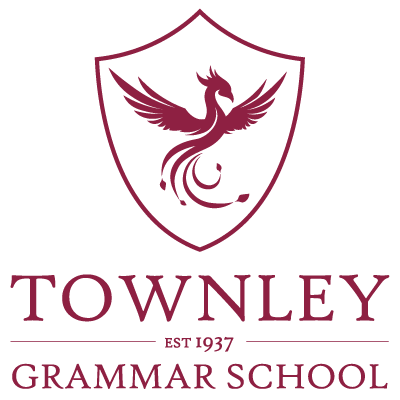In your lessons you can expect to engage with a whole range of topics that span a variety of topics including: family diversity, the purpose of education, cults and the ways in which we define and try to control crime in society. This is placed within the sociological context and framework of theoretical and methodological considerations about sociology. This involves considering whether we should look as individuals as being shaped by ‘social facts’ such as institutions or agents of their own destiny in constructing their identity.
As well as considering sociological debates that are relative to us e.g. how society works in the United Kingdom and Europe you will also consider how processes in terms of globalisation create and construct society on a more global scale and how we are ‘interconnected’.
Being an independent learner and scholarly in your approach to sociology is also important in dealing with material that scrutinises classical sociology whilst applying and evaluating these arguments in a more modern sociological world. You will learn about the sociological fathers - Comte, Durkheim, Weber and the infamous Karl Marx – as well as considering more modern sociologists and theorists such as Giddens, Beck, Dawkins, Sutton and Vertigans.
A Level: AQA
Course Requirements
To study Sociology you should have achieved at least a 6 in a GCSE Humanities subject, with an ability to write well-structured extended essays being advantageous.
Skills
Subjects at GCSE will equip you with many of the skills that will enable you to become a sociologist, though these are not always an indicator of aptitude at A Level. Instead, a keen and critical interest in how society is organised, and the role of institutions and people within it is important. You might for example consider the importance of the police and criminal justice system in controlling crime, or the importance of education for future success in the work force. As such you will be expected to develop conceptual knowledge and apply your knowledge to contemporary sociological occurrences; you will also be expected to analyse sociological material, comparing and contrasting sociological viewpoints to reach an informed conclusion.
The emphasis at A Level is on sociological core themes of socialisation, culture and identity alongside social differentiation, power and stratification. Students should therefore be acutely aware of current affairs and their links to stratification in contemporary society; these will often link with policy changes that affect everyday life for the many.
Assessment Structure
Year 12
Paper 1: Education with Methods in Context
- Education (question types range from short answer to extended writing totalling 40 marks) and;
- Methods in Context (extended written response totalling 20 marks)
Paper 1 will be a written exam 1hr 30 min worth 60 marks and 50% of AS Level
Paper 2: Research Methods and Topics in Sociology
- Research Methods
- Families and Households (1 hour 30 min written exam, 60 marks, 50% AS Level)
Paper 2 comprises of two sections both of which require students to complete questions that range from short answer to extended writing. Section A is worth 20 marks while Section B is worth 40 marks on this paper.
Year 13
Paper 1: Education with Theory and Methods
- Education (question types range from short answer to extended writing totalling 50 marks) and;
- Methods in Context (extended written response totalling 20 marks)
- Theory and Methods (extended written response totally 10 marks)
(2 hour written exam, 80 marks and 33.3% of A Level)
Paper 2: Topics in Sociology
- Section A - Families and Households (extended writing, 40 marks) and
- Section B - Beliefs in Society (extended writing, 40 marks)
(2 hour written exam, 80 marks and 33.3% of A Level)
Paper 3: Crime and Deviance with Theory and Methods
- Crime and Deviance (question types range from short answer to extended writing totalling 50 marks)
- Theory and Methods (extended written response worth 30 marks)
(2 hour written exam, 80 marks and 33.3% of A Level)



